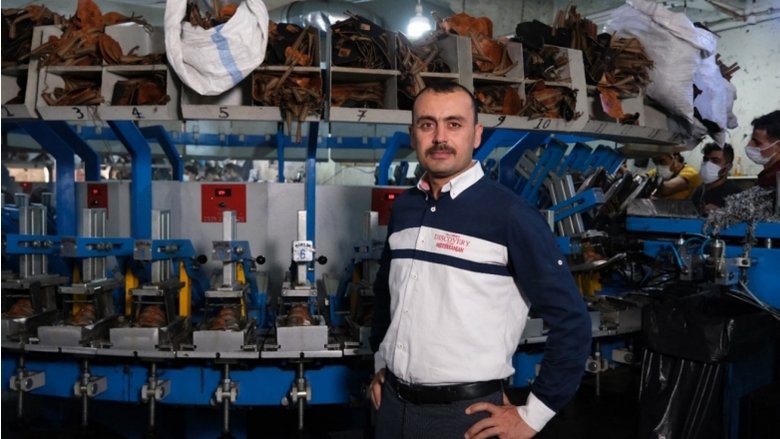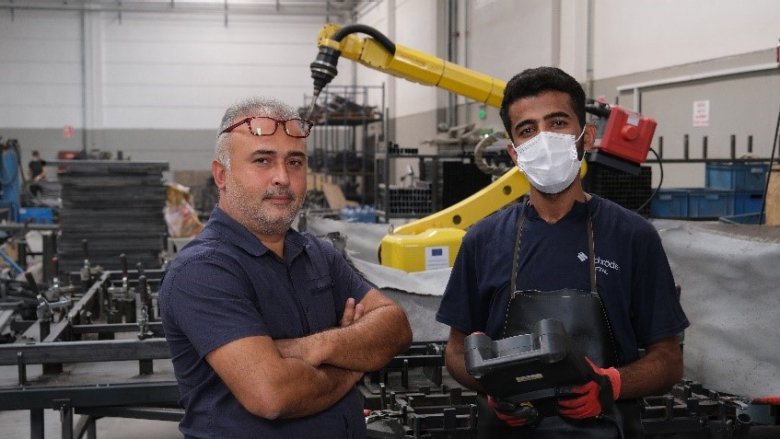Challenge
In 2022, Türkiye hosts the world’s largest refugee population, with about 4 million refugees, of whom more than 3.7 million are Syrians under Temporary Protection (SuTP). The arrival of Syrian refugees places a strain on social services, and increased competition for employment, housing and social services. But the Government of Türkiye has facilitated their access to critical public services such as education, health and infrastructure and granted displaced Syrians with access to services and to formal employment. However, the capacity of provinces like Gaziantep, the project’s pilot city with a high presence of SuTPs, to absorb the large influx of SuTPs is limited and they need support to access social services and employment.
Approach
The World Bank supported the Turkish government’s response to the humanitarian and development challenges of the Syrian refugee crisis, with a focus on promoting economic self-reliance, increasing access to basic services, and piloting an intervention mechanism to support both refugees and host communities. The project sought to support the growth of small and medium enterprises (SMEs) and increase employment and entrepreneurship opportunities for Syrians under Temporary Protection (SuTP) and Turkish citizens in the pilot province of Gaziantep. The project established two windows with calls for proposals. Under the first window, the Turkish Small and Medium Enterprises Development Organization (KOSGEB), a public institution responsible for increasing the share of SMEs and entrepreneurs in economic and social development, provided technical and financial support to facilitate the establishment of new firms led by Syrian refugees. These firms were designed as incubators, with a focus on market access, customer analysis, and business competitiveness. Under the second window, KOSGEB provided existing enterprises – both Turkish- and Syrian-led – with a mix of technological inputs, such as equipment and software, as well as KOSGEB expertise. This approach aimed to create new jobs for both Syrian refugees and Turkish citizens.
The project supported enterprises in a wide range of sectors, from shoemaking and baklava production to medical equipment manufacturing and computer programming. The project leveraged KOSGEB’s existing support programs with tailored interventions to promote participation of SuTPs, such as translating KOSGEB’s training modules into Arabic and English for non-Turkish speakers, identifying the specific needs of vulnerable target groups, and developing a model for targeting and selecting beneficiaries.


